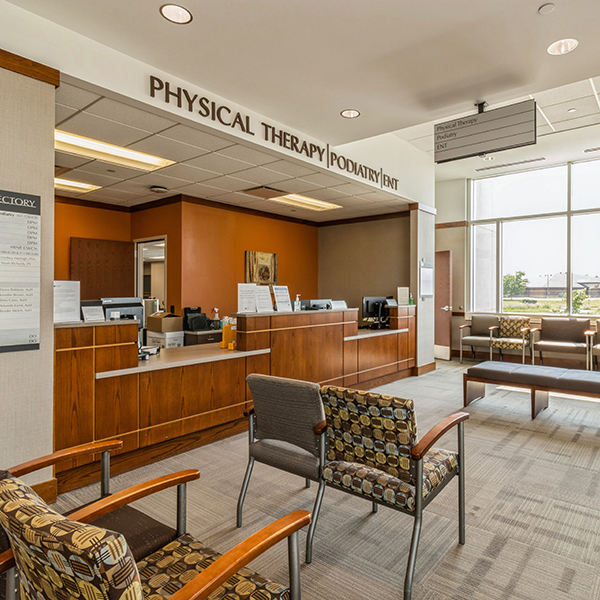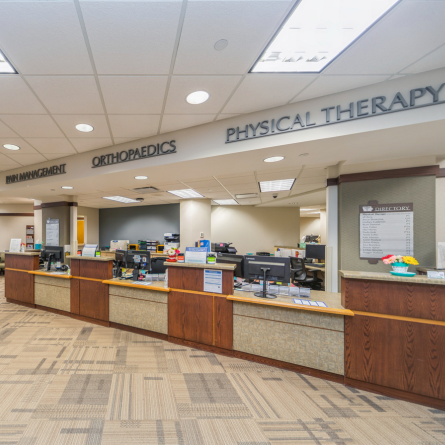What is the pelvic floor?
Our pelvic floor is made up of muscles, tendons, and nerves just like every other part of our body, which means it can be injured and cause pain in a similar way. It serves many purposes including internal organ support, core stability, bowel and bladder control, breath control, and sexual function. When muscle weakness, muscle tightness, or nerve entrapment occur within the pelvic floor, it can cause pain, bladder or bowel issues, and difficulty with sexual function including inability to orgasm or erectile dysfunction. Many people don’t realize that physical therapy can be a solution to these problems.
How do I know if I have pelvic floor dysfunction?
Pelvic floor dysfunction is a condition commonly experienced in both men and women but can affect each differently. Your pelvic floor muscles provide support to organs in your pelvis, including your intestines, reproductive organs, bladder, and urethra. As a result, a lack of control or strength in the muscles of your pelvic floor can lead to a variety of symptoms.
Symptoms Specific in Males
- Penile/testicular pain
- Post vasectomy pain/tightness
- Erectile dysfunction
- Pre-mature ejaculation
- Pain with erections
- Pain during or post ejaculation
Symptoms Specific in Women
- Vulvar pain
- Pelvic pain following childbirth
- Leakage of gas, stool, or urine following childbirth
- Pain, tightness, or other changes associated with menopause
- Pelvic pressure or heaviness associated with pelvic organ prolapse
Symptoms in Males and Females
- Pelvic pain
- Low back pain
- Groin pain
- Pain during or after urination
- Urinary incontinence
- Fecal incontinence
- Pain during sex or difficulty reaching orgasm
- Frequent urination, going more than every two hours on average
- Increased urinary or fecal urgency, feeling like you can't “hold it”
- Difficulty initiating urination
- Waking up more than once at night to urinate
- Constipation, difficult or painful bowel movements
How can pelvic floor physical therapy help?
Each physical therapy appointment is designed to fit your needs and your comfort level. To start, the therapist will assess your pelvic floor through an internal exam (via the vaginal or rectal opening) or an external exam which can be clothed if desired. This assessment and its findings will help determine your options for treatment. From there, your PT will develop a personalized treatment plan, which may include:
- Education about your specific pelvic floor muscle strength, tension, and coordination
- Education on body mechanics and behavior modification
- Pelvic floor muscle exercises, such as Kegel exercises
- Stretching techniques
- Nerve gliding exercises
- Biofeedback to begin to improve awareness and control of your pelvic floor muscles
- Electrical stimulation to improve muscle activation and strength
If you are experiencing pelvic floor dysfunction – there is nothing to be ashamed of – it’s more common than you might think. In fact, one in five people will experience pelvic floor dysfunction during their lifetime. If any of the information above resonates with you or describes your symptoms, schedule with our pelvic floor physical therapists online or by calling 515.875.9706.


.jpg)




